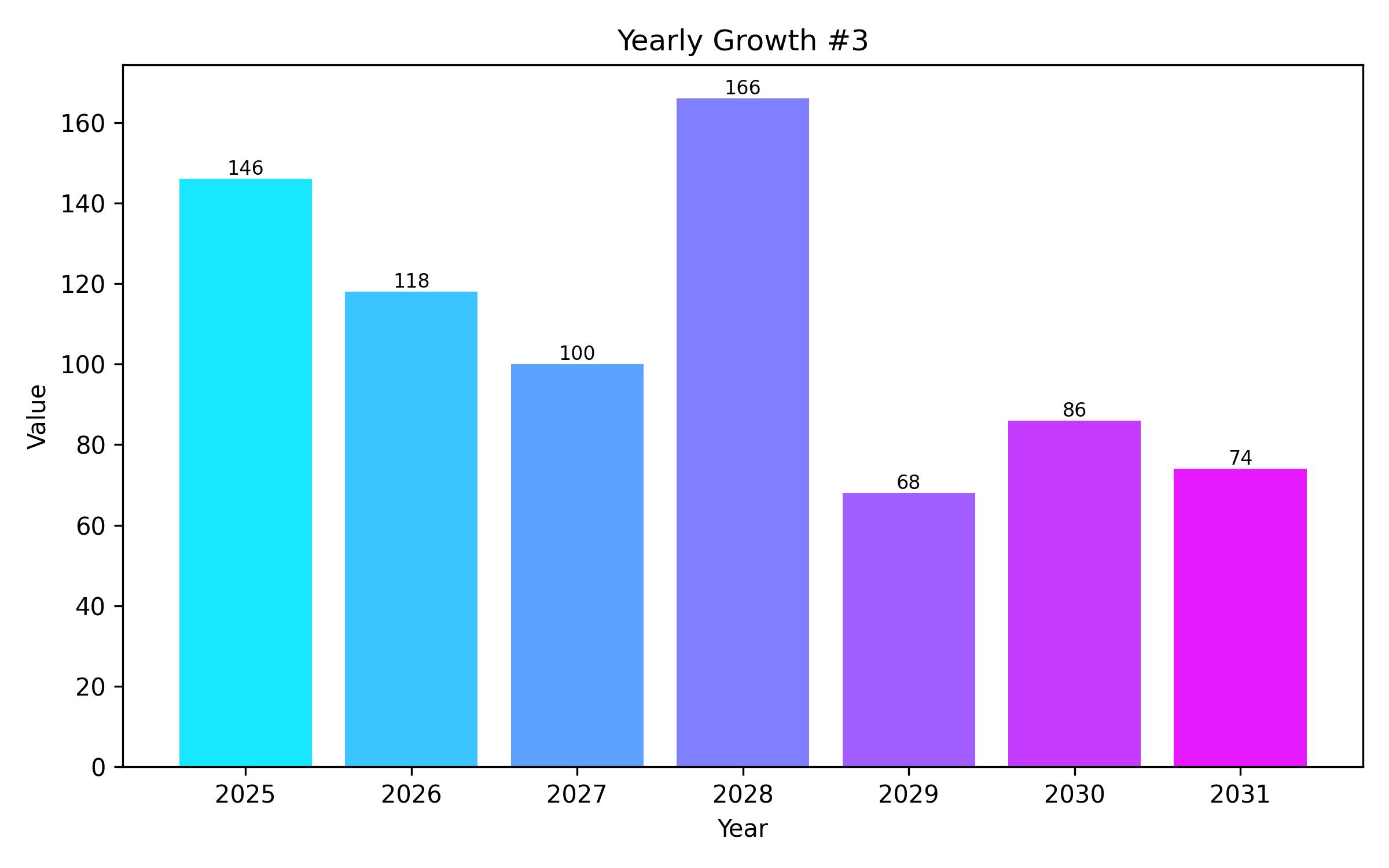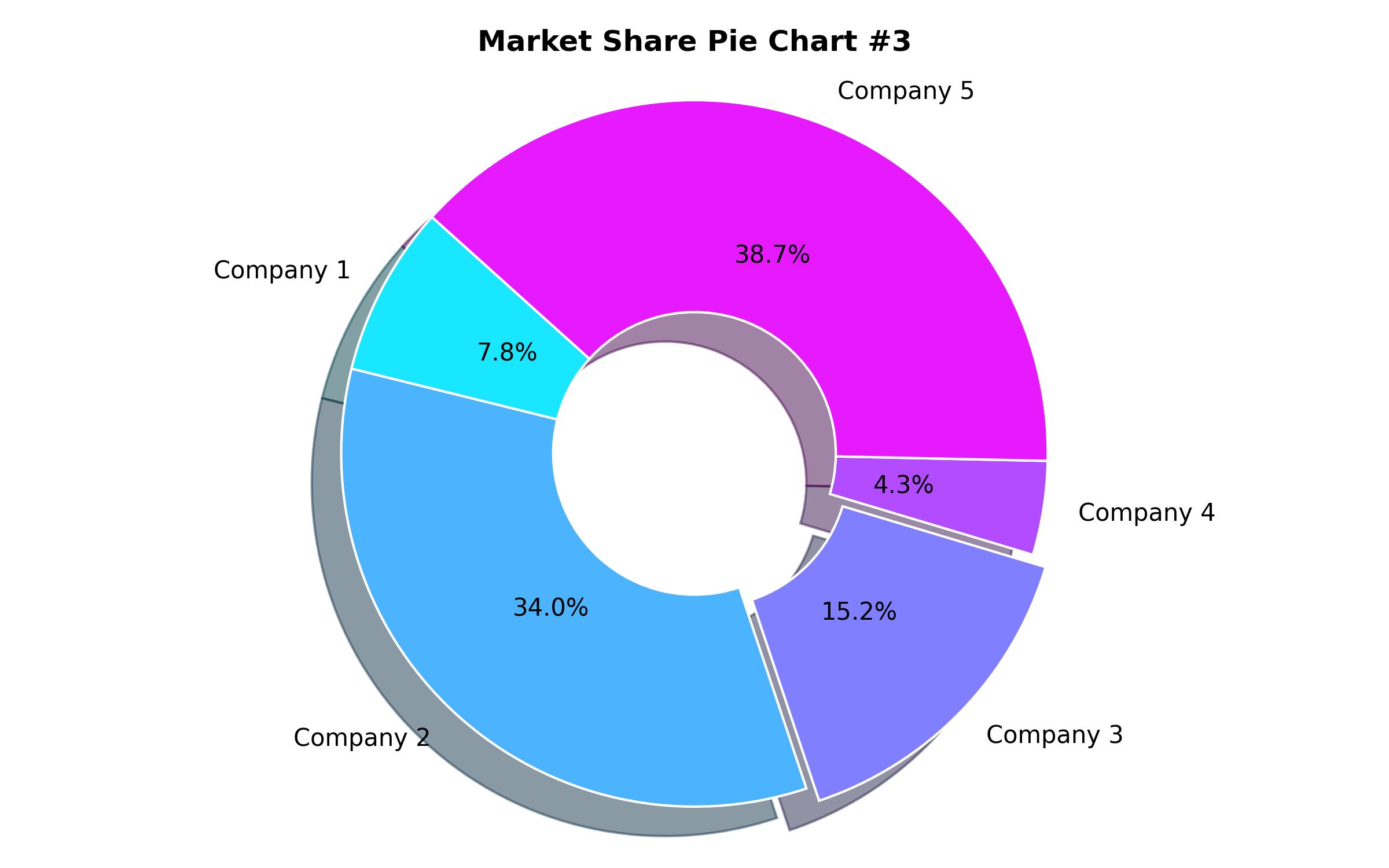Forecast and Analysis of the Carcinoid Tumor Syndrome Treatment Market from 2025 to 2035
Overview:
The global carcinoid tumor syndrome management market is poised for substantial expansion in the coming years. In 2025, the market is anticipated to reach a valuation of USD 2.18 billion, driven by increasing prevalence and advancements in therapeutic options. The compound annual growth rate (CAGR) from 2025 to 2035 is projected to be 10.9%, propelling the market to an estimated value of USD 6.14 billion by 2035. This growth is underpinned by the rising demand for effective management strategies for carcinoid tumor syndrome across various geographies.
The market is significantly influenced by the development and adoption of novel therapeutic agents and treatment modalities. Somatostatin analogs (SSAs) remain a cornerstone of therapy, while targeted therapies and chemotherapeutic regimens are gaining traction for advanced cases. The increasing focus on personalized medicine and biomarker-driven treatment approaches is also shaping the market landscape.
Regional dynamics play a crucial role in the market, with North America and Europe currently holding significant shares due to established healthcare infrastructure and higher diagnosis rates. Asia Pacific is expected to witness the fastest growth, fueled by increasing awareness, improving access to healthcare, and a growing patient population.
Key players in the market are actively engaged in research and development activities to introduce innovative products and enhance existing therapies. Strategic collaborations, partnerships, and acquisitions are also common strategies adopted by these players to strengthen their market position and expand their product portfolios.
The market’s future growth is also driven by the increasing awareness of carcinoid tumor syndrome among healthcare professionals and patients. Early diagnosis and timely intervention are crucial for improving patient outcomes and quality of life, which further fuels the demand for effective management solutions.
The increasing geriatric population and the rising incidence of neuroendocrine tumors are also contributing to the market’s growth. These demographic and epidemiological trends are expected to sustain the market’s momentum in the coming years.

Year On Year Growth Chart
“`html
| Report Attribute | Details |
|---|---|
| Market Size in 2025 | USD 2.18 billion |
| Revenue Forecast for 2035 | USD 6.14 billion |
| Growth Rate (CAGR) | 10.9% from 2025 to 2035 |
| Base Year for Estimation | 2024 |
| Historical Data | Not Available |
| Forecast Period | 2025 – 2035 |
| Quantitative Units | Revenue in USD billion and CAGR from 2025 to 2035 |
| Report Coverage | Revenue forecast, company market share, competitive landscape, growth factors, and trends |
| Covered Segments | Organ Affected, Therapy Type, Drug, Route of Administration and Region |
| Regional Scope | North America, Europe, Asia Pacific, Latin America, MEA |
| Country Scope | U.S., Canada, Mexico, U.K., Germany, Italy, Poland, China, India, Japan, Australia, South Korea, Brazil, UAE, KSA, South Africa |
| Key Companies Analyzed | Pfizer Inc.; Eli Lilly and Company; Bristol-Myers Squibb; GlaxoSmithKline plc; Roche Holding AG; Sanofi S.A.; Merck & Co., Inc.; AstraZeneca plc; Bayer AG; Takeda Pharmaceutical Company Limited |
| Customization Options | Free report customization (up to 8 analysts working days) with purchase. Changes to country, regional, and segment scope |
| Pricing and Purchase Options | Customizable purchase options for tailored research needs |
“`

Key Companies Market Share
Report Coverage & Deliverables
- Market Trends And Dynamics
- Competitve Benchmarking
- Historical data and forecasts
- Value/Volume analysis
- Company revenue shares and key strategies
- Regional opportunities
This is an indicative segmentation. Please request a sample report to see detail segmentation of this market.
Detailed Market Segmentation
- By Organ Affected
- Gastrointestinal Tract
- Lungs
- Other Organs
- By Therapy Type
- Somatostatin Analogs
- Chemotherapy
- Targeted Therapy
- Interferon
- Surgery
- Other Therapies
- By Drug
- Octreotide
- Lanreotide
- Everolimus
- Streptozocin
- 5-Fluorouracil
- Other Drugs
- By Route of Administration
- Injection
- Oral
- By Region
- North America (U.S., Canada, Mexico)
- Europe (U.K., Germany, France, Italy, Poland)
- Asia Pacific (China, India, Japan, Australia, South Korea)
- Latin America (Brazil, Argentina)
- Middle East & Africa (UAE, Saudi Arabia, South Africa)
Table of Content
- Executive Summary
- Market Overview
- Key Market Trends
- Market Dynamics
- Value Chain Analysis
- Market – Pricing Analysis
- Impact of COVID-19
- Market Analysis 2025 to 2035, By Organ Affected
- Gastrointestinal Tract
- Lungs
- Other Organs
- Market Analysis 2025 to 2035, By Therapy Type
- Somatostatin Analogs
- Chemotherapy
- Targeted Therapy
- Interferon
- Surgery
- Other Therapies
- Market Analysis 2025 to 2035, By Drug
- Octreotide
- Lanreotide
- Everolimus
- Streptozocin
- 5-Fluorouracil
- Other Drugs
- Market Analysis 2025 to 2035, By Route of Administration
- Injection
- Oral
- Market Analysis 2025 to 2035, By Region
- North America
- Europe
- Asia Pacific
- Latin America
- Middle East and Africa
- North America Market Analysis 2025 to 2035
- Europe Market Analysis 2025 to 2035
- Asia Pacific Market Analysis 2025 to 2035
- Latin America Market Analysis 2025 to 2035
- Middle East & Africa Market Analysis 2025 to 2035
- Competitive Landscape
- Key Company Profiles
- Market Structure Analysis
- Assumptions and Acronyms Used
- Research Methodology
